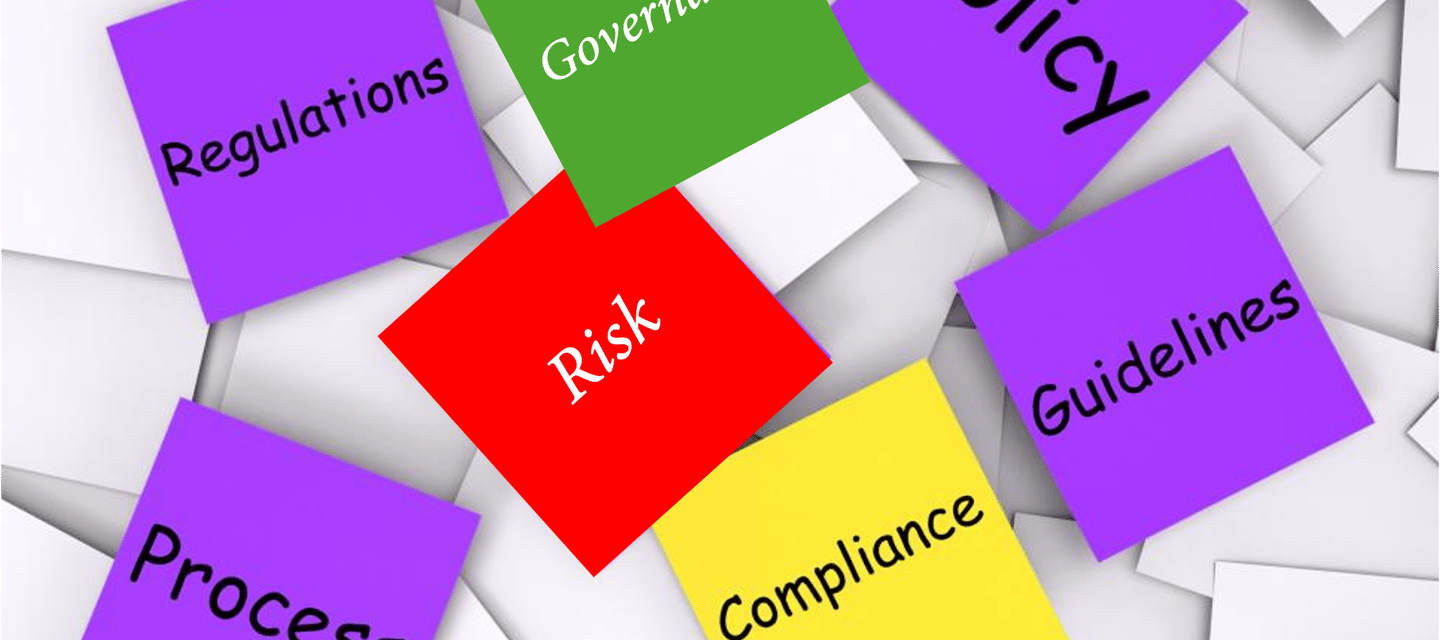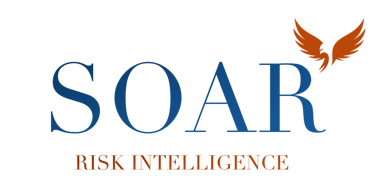GO BEYOND RISK MANAGEMENT
Governance, Risk, and Compliance
Entailment and Key Trends that are Shaping GRC Future
The landscape of Governance, Risk, and Compliance (GRC) is evolving at an unprecedented pace, driven by rapid technological advancements, changing regulatory requirements, and the growing complexity of global business operations. As organizations navigate this intricate environment, it becomes essential to implement robust GRC frameworks that effectively integrate governance practices, manage risks, and maintain compliance with ever-changing regulations. By 2025, we can expect significant transformations within the GRC domain, influenced by emerging trends such as artificial intelligence, enhanced data privacy regulations, and the imperative to address environmental, social, and governance (ESG) factors.
What is GRC?
Governance, Risk, and Compliance (GRC) refers to a structured approach for aligning governance with risk management and compliance with regulations. It ensures that an organization efficiently manages its operations within established guidelines, minimizes risks, and adheres to legal and ethical standards. GRC encompasses a broad range of principles, policies, and practices that help organizations operate effectively and ethically while achieving their objectives.
Key Trends in 2025
As we approach 2025, several trends are expected to reshape the GRC landscape:
AI Integration: Artificial Intelligence (AI) will continue to transform GRC processes by enhancing anomaly detection, enabling predictive analytics, and automating regulatory reporting. This will lead to more accurate risk assessments and timely regulatory compliance.
Enhanced Data Privacy Regulations: The evolving landscape of data privacy laws, such as the GDPR and CCPA, will necessitate organizations to adopt comprehensive data governance strategies that protect sensitive information while ensuring compliance.
Regulatory Technology (RegTech): The rise of RegTech solutions will streamline compliance processes through automation and advanced analytics, making it easier for organizations to manage regulatory changes and conduct risk assessments.
Cybersecurity Focus: As cyber threats become more sophisticated, cybersecurity will emerge as a critical component of GRC. Organizations will need to invest in robust cybersecurity frameworks and compliance strategies to protect sensitive data.
Environmental, Social, and Governance (ESG) Integration: Increasing demands for transparency and accountability regarding ESG practices will influence GRC frameworks. Organizations will need to incorporate ESG metrics into their governance strategies to meet stakeholder expectations.
Remote Work Compliance: The shift toward remote work will require organizations to reassess their GRC frameworks to address changing risk landscapes, particularly in areas such as data protection and employee oversight.
Cloud Governance: As businesses increasingly migrate to cloud environments, there will be a growing need for effective cloud governance to manage risks and ensure compliance with industry standards.
Third-Party Risk Management: With expanding supply chains and reliance on third parties, organizations will need comprehensive third-party risk management programs to mitigate risks associated with vendors and partners.
Challenges in 2025
Alongside these trends, challenges will also arise as organizations navigate the evolving GRC landscape:
Complex Regulatory Environment: The dynamic and changing nature of regulations across different jurisdictions will pose significant compliance challenges, requiring organizations to remain vigilant and adaptable.
Data Quality and Integrity Issues: Maintaining high-quality, consistent data will be crucial for effective risk assessment and compliance. Organizations will need to implement continuous data monitoring and governance processes.
Skill Shortages: A shrinking pool of skilled professionals in the fields of risk management, compliance, and cybersecurity may hinder organizations' abilities to effectively implement GRC initiatives.
Cultural Resistance: While fostering a culture of compliance and ethics is essential, organizations may face resistance to change from employees who are accustomed to traditional, siloed approaches to governance and risk management.
Cybersecurity Threats: With the increasing frequency of data breaches and cyberattacks, organizations must proactively address these threats while ensuring compliance with data protection regulations.
Conclusion
The GRC landscape is set for significant evolution as technology, regulatory demands, and business environments change. As advanced technologies like AI and RegTech emerge, organizations must adapt their governance frameworks to meet new challenges and take advantage of opportunities. By proactively addressing these trends and challenges, compliance professionals can enhance their GRC initiatives, leading to better risk management, compliance, and sustainable growth in the coming years.
Organizations should invest in training and technology now to ensure they are prepared for the increasingly complex GRC landscape in 2025 and beyond. This proactive approach will not only secure operational viability but also uphold a culture of ethical conduct in an ever-evolving corporate world.


Disclaimer
This content is meant for information only.
Why SOAR Risk Intelligence...
Apply Risk Intelligence and gain resilience, create new capabilities, and capitalise on opportunities faster and effectively in your risk management oversight. Our team of experts can assist you in strengthening, developing, and transforming the way you manage risks by applying international best practices, advanced analytics, and artificial intelligence in an ever-evolving business landscape.
